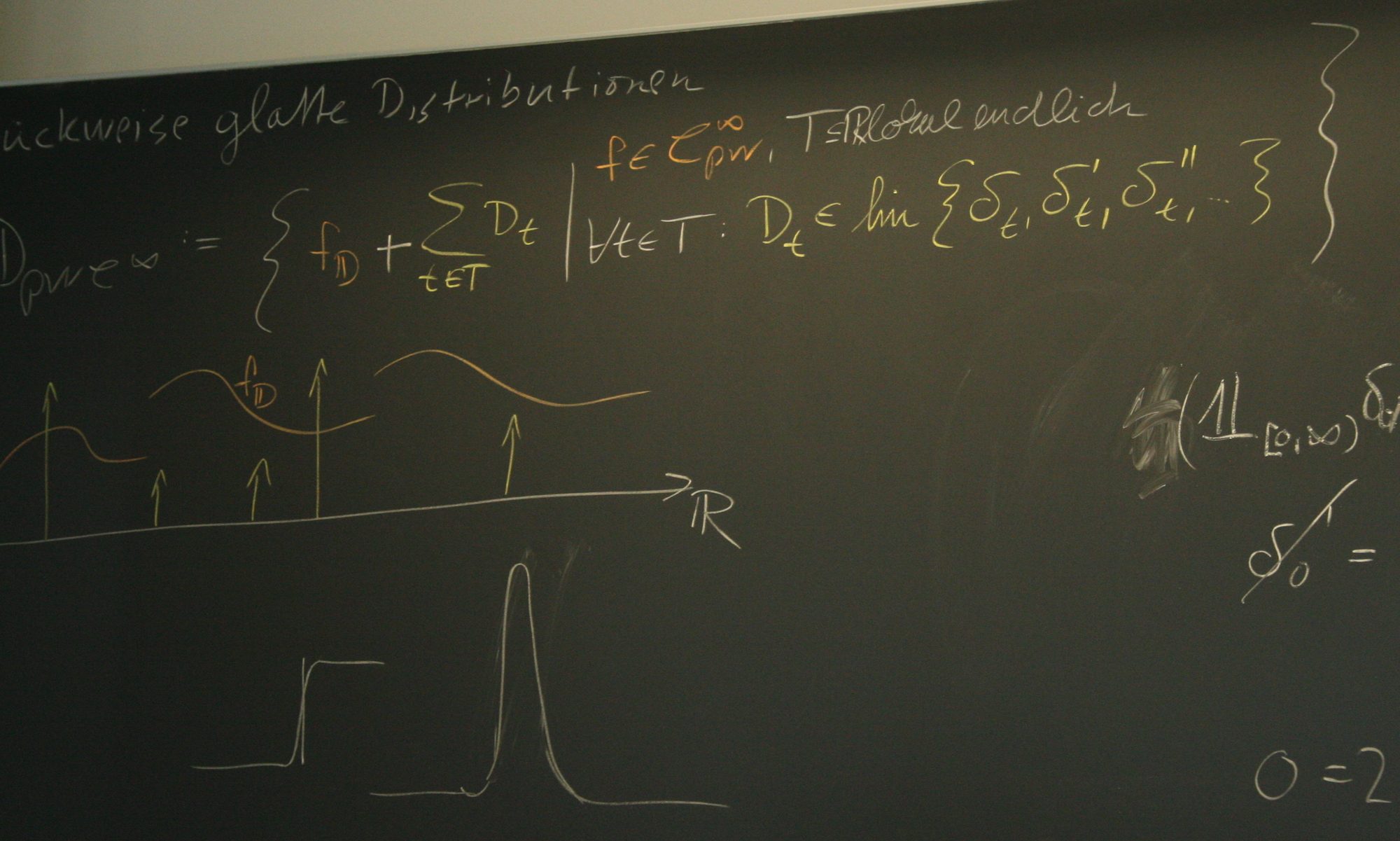Finally, we have finished our paper
Asymptotic stability of piecewise affine systems with Filippov solutions via discontinuous piecewise Lyapunov functions Journal Article In: IEEE Transactions on Automatic Control, vol. 66, no. 4, pp. 1513-1528, 2021. |
We have started to work on this topic almost four years ago when I visited Benevento. Inspired by the promising approach of using the cone-copositivity approach to find Lyapunov functions for piecewise-affine (PWA) systems in an automatic way, we were trying to extend this idea in two main directions: 1) We wanted to allow for discontinuous Lyapunov functions and 2) we wanted to cover also sliding and Zeno solutions. We obtained first results by focusing on the first point (i.e. we only considered classical solutions) and presented these ideas at the CDC 2017 in Melbourne, Australia. It turned out that the technicalities involved in dealing with general Filippov solutions were quite tricky and we still haven’t resolved all of them. In particular, we had to make two technical assumptions for PWA systems which we believe are always satisfied, because we could not construct counter examples which violates these assumptions, but we were also not able to prove them so far. Furthermore, classifying boundaries as crossing, non-reachable and sliding turned out to be harder as expected as well, in particular, due to the presence of Zeno-behavior. Nevertheless we have a very strong (i.e. not very conservative) Lyapunov stability theorem which is formulated in terms of pointwise-conditions. In order to use the cone-copositive approach it is necessary to make some uniformity assumption on the solution behavior along the boundaries, but these assumptions do not exclude Zeno and sliding behavior and allows discontinuities of the Lyapunov function on crossing boundaries.
We are now looking forward to receive constructive feedback from our peers to further improve on the manuscript for the final published version.

